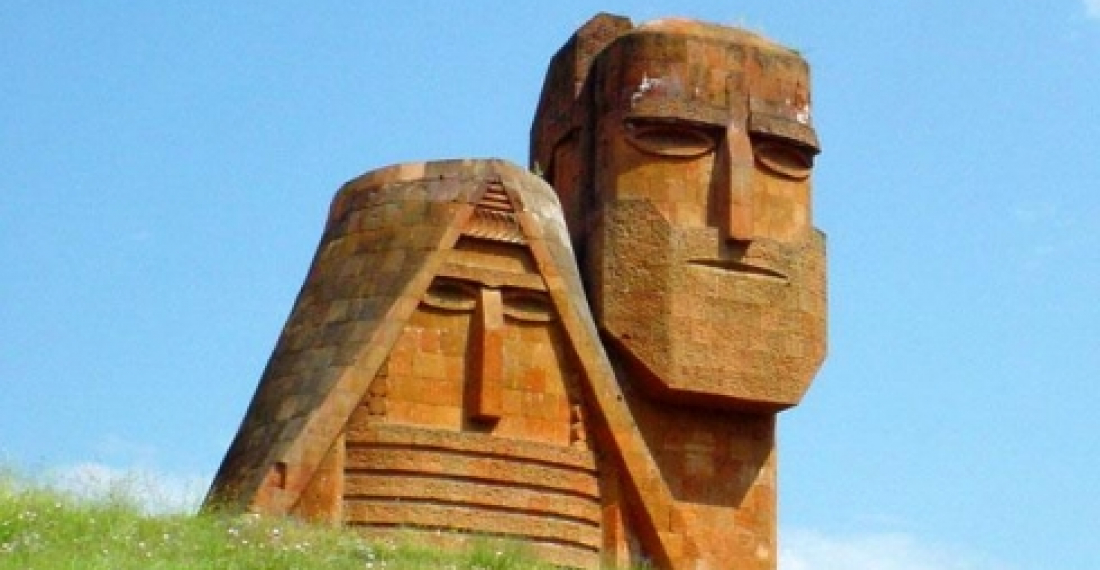The elections held in Nagorno-Karabakh on Thursday, to elect a President for the territory, continue to be the subject of controversy in the international community.
The representatives of the OSCE Minsk Group co-Chair countries Ambassadors Robert Bradtke of the United States, Igor Popov of the Russian Federation, and Jacques Faure of France yesterday issued a sttatement in which they "noted reports about the conduct of 'elections' that took place in Nagorno-Karabakh on July 19, 2012."
The statement added that "The Co-Chairs acknowledge the need for the de facto authorities in NK to try to organize democratically the public life of their population with such a procedure. However, the Co-Chairs note that none of their three countries, nor any other country, recognizes Nagorno-Karabakh as an independent and sovereign state. The Co-Chairs stress that the procedures of July 19 in no way prejudge the final legal status of Nagorno-Karabakh or the outcome of the ongoing negotiations to bring a lasting and peaceful settlement to the Nagorno-Karabakh conflict."
In the meantime the Ambassador of Azerbaijan to Canada, Farid Shafiyev, has told the Canadian newspaper The Globe and Mail that the Azerbaijani government will declare the veteran Liberal politician Jim Karygiannis, the MP for Scarborough-Agincourt in Toronto, as a persona non grata for travelling to Nagorno-Karabakh to monitor the elections. Karygiannis who is the Party's spokesperson on multiethnic issues travelled to Nagorno-Karabakh at the invitation of the Armenian National Committee, who also paid for his trip, according to the newspaper.
The Globe and Mail quoted Canadian Liberal leader Bob Rae, as saying that he was standing by his MP. Rae told the newspaper "Canadian Members of Parliament have to be able to express their own points of view, and to conduct their own investigations of the human-rights situations in countries around the world."
“Mr. Karygiannis is an MP of deep experience,” he said, “and is well known for his independence and candour. He enjoys my full confidence as leader.”
Whilst the elections continue to cause debate abroad there was little controversy about them in Armenia or in Nagorno-Karabakh itself. Representatives of several Armenian political parties, including the opposition Armenian National Congress and Heritage Party, have praised the conduct of the elections and said they compared better to the Parliamentary elections held in Armenia itself last May.
source: Commonspace.eu with the Press Service of the OSCE, the Globe and Mail and Armenian media.
Commentary
Azerbaijan to declare Canadian MP persona non grata as OSCE Minsk Group co-chair "acknowledge the need for the de facto authorities in NK to try to organize democratically the public life of their population."







